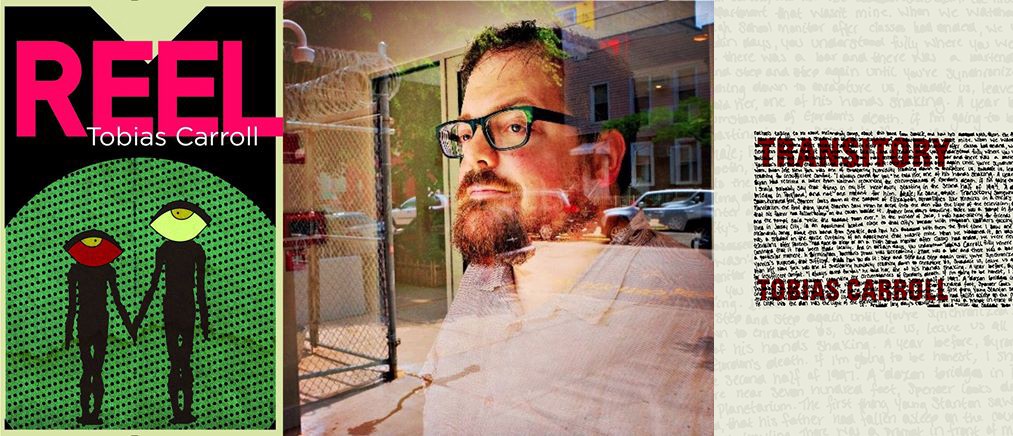Reading Lists
7 Very Short Books That You Can Read in One Sitting
Michael Jeffrey Lee recommends slim story collections whose length belies their depth

A few years ago, I found myself getting into short books.
Works of fiction mostly, very short story collections.
I was quite literally attracted to their shortness—the slim spines a definite selling point.
At first I worried that my attention span was shrinking.
That soon—perhaps very soon—I wouldn’t read anything at all.
But no: I gave these books my full attention, savored every word.
I came to view them as heroic—especially in a world filled with baggy prose.
They got in, they got out, they were precise and concise.
They were diamonds, or daggers, or single burning rays of sunlight—whatever metaphor you like.

Soon I found myself not only reaching for such books, but writing them as well. My most recent is called My Worst Ideas.
Don’t let the title fool you: it’s a real hoot.
Now my little obsession has reached an apotheosis: I teach very short fiction workshops as well.
I also write lyrics for little songs.
I’ve gone all-in on short, for better or worse.
It’s come to define me completely, this brevity.
Oh well.
Here are seven slim collections that do good work!
Kitchen Curse by Eka Kurniawan, translated by Annie Tucker, Benedict Anderson, Maggie Tiojakin and Tiffany Tsao
A ripe and rank collection, full of unspeakable excretions. Ruder and cruder than Beauty Is a Wound, these stories dare you to turn away in disgust, but always go to unexpected, revelatory places.
Lucky Breaks by Yevgenia Belorusets, translated by Eugene Ostashevsky
Sharp and dissonant stories that give voice to women from Ukraine’s Donbas region, whose daily lives and jobs have been upended by war. Belorusets elevates, in her own words, the “insignificant and the small, the accidental, the superfluous, the repressed” in her writing—things that avoid capture by the dominant historical narrative.
The Book of Sleep by Haytham El Wardany, translated by Robin Moger
A collection of tales, philosophical inquiries, and nighttime ruminations from the Cairo-born, Berlin-based writer that reflect on the meaning of sleep—a potentially subversive activity, El-Wardany suggests, under the twin scourges of authoritarian government and 24/7 capitalism.
Thick City by Katie Jean Shinkle
Thick City’s visceral, interconnected vignettes introduce us to a host of characters caught up in various entanglements and estrangements, absurd and weird and tender and sometimes gruesome, amounting to a queer city-symphony in miniature.
At the Bottom of the River by Jamaica Kincaid
These voice-driven pieces, which depict an Antiguan childhood full of enveloping mystery, pain, and beauty, burrow deep into the subconscious. Kincaid’s singular style commingles the plainspoken with the rhetorical, the dream and spirit with the corporeal.
The Voice Imitator by Thomas Bernhard, translated by Kenneth Northcott
A compendium of both banal and horrific anecdotes concerning social life in post-war Austria, rendered in a deadpan, just-the-facts journalistic burlesque. For a brilliant contemporary riff on this book, check out Gabriel Blackwell’s Correction, which lays bare the American predicament with ruthless precision.
Nights as Day, Days as Night by Michel Leiris, translated by Richard Sieburth
An awesome anthology (spanning 1923–1961) of the author’s dreams, offered without analysis or explanation, written with frightening intimacy and a wonderfully detached style.








